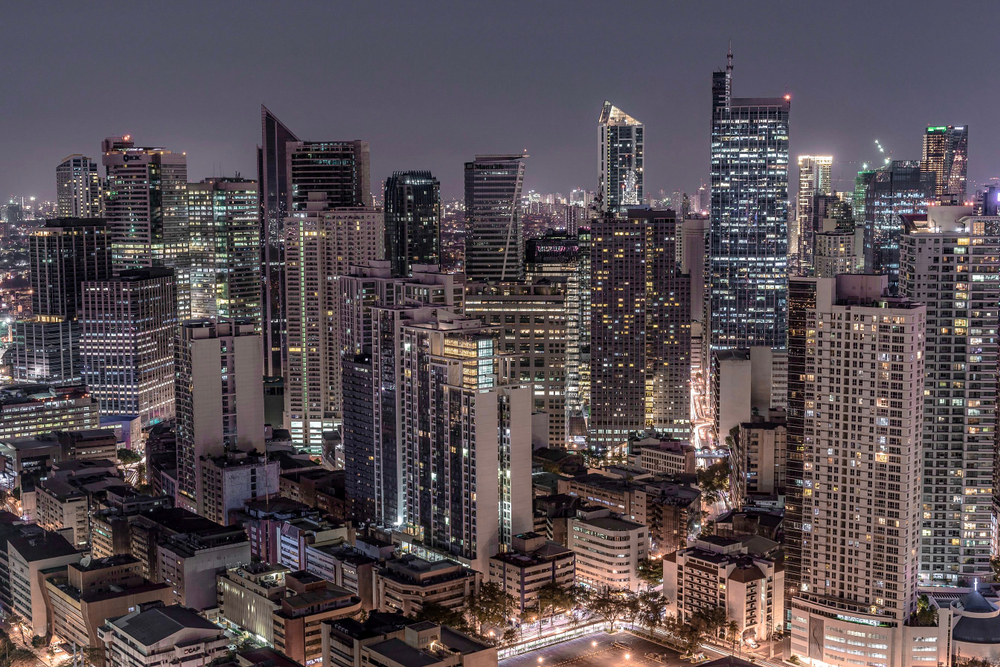Philippines Amends Retail Trade Liberalization Act to Attract Foreign Investment
To protect micro and small enterprises — who represent 96 percent of registered businesses in the Philippines — SB 1840 requires foreign retailers who wish to establish more than one physical store in the country to invest at least PHP 25 million (US$524,000) for each store. In addition, the amendments mandate the foreign retailers’ country of origin to allow the entry of Filipino retail investors.
These measures are aimed at attracting greater foreign investment in the retail sector, which before the pandemic, accounted for 23 percent of the total services industry with a total gross value added of PHP 1 trillion in 2018 (US$ 20 billion).
Under the previous RTLA, enterprises with a minimum paid-up capital of US$7.5 million could be wholly foreign-owned, and only if they invested no less than US$830,000 for establishing a physical store. If the foreign investor had shown paid-up capital that was less than US$7.5 million, the enterprise could not be wholly foreign-owned in the first two years of its operations.
What Are The Other Amendments To The Bill?
The bill removes the pre-qualification requirements for foreign retailers to have been engaged in the retailing industry for the past five years, or to have at least five retailing branches located anywhere worldwide.
SB 1840 also requires foreign retailers to maintain at least PHP 50 million (US$1 million) in paid-up capital in the Philippines and to have a stock inventory of locally made products. Failure to do so will result in penalties and restrictions to engage in future business in the Philippines.
Further Reforms On The Horizon
In addition to SB 1840, the Senate is deliberating on two other amendments to further liberalize the economy for foreign investors.
The other proposed amendments are to the Foreign Investment Act (FIA) and the Public Service Act (PSA).
Under the new FIA, the Department of National Defense, National Security Council, Department of Foreign Affairs, and other government agencies of foreign investments can review and make recommendations or limit foreign investments that threaten national security or jeopardize international relations.
The proposed amendments also include the establishment of an Investment Promotions Council to establish medium and long-term priorities plan to encourage foreign investment.
Moreover, offshore business entities that engage in business transactions in the Philippines through e-commerce will be considered as domestic companies, and thus liable to pay domestic taxes.
Meanwhile, the proposed amendments to the PSA will prohibit foreign state-owned enterprises from owning capital in critical infrastructure in the Philippines (for example, distribution of electricity, water, telecommunications).
Further, the telecommunications sector will no longer be classified as a public utility, thereby removing the current 40 percent limit on foreign ownership in telecommunications undertakings. The government hopes this will further enhance competition in the local telecommunications industry.




Comments